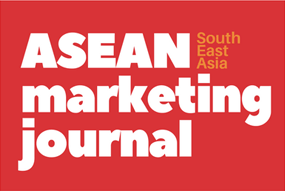
Abstract
Just like the celebrities, social movement depends, to an extent, on media in communicating its activities to the public. The relationship between social movement and media is transactional. On the one hand, social movement needs media to disseminate its activities. On the other hand, media needs social movement as the news source. Scant (beyond very few notable exceptions) empirical research is not available on boycott product as a social movement and stakeholder analysis in Indonesia. The objective of this study is to perform stakeholder analysis on boycott product as a social movement. To do so, the study attempts to answer some questions: (i) what are the trigger and root cause of boycott movement?; (ii) what are the interest and influence of each stakeholder on boycott movement?; (iii) how is the existing relationship among stakeholders?; and (iv) among the stakeholders, which group does get priority? The news about boycott was collected from national media. The news was then analyzed by content analysis. The results show that in the case of boycott, many parties are involved. However, firms’ management has to give priority to consumers, special interest groups, and the gov-ernment. Attention can be manifested in a continuous and sustainable dialogue with them.
Recommended Citation
Hendarto, Kresno Agus
(2021)
"Stakeholder Analysis on Boycott Movement: A Preliminary Study Using Media Contexts,"
ASEAN Marketing Journal: Vol. 3:
No.
2, Article 3.
DOI: 10.21002/amj.v3i2.2024
Available at:
https://scholarhub.ui.ac.id/amj/vol3/iss2/3





